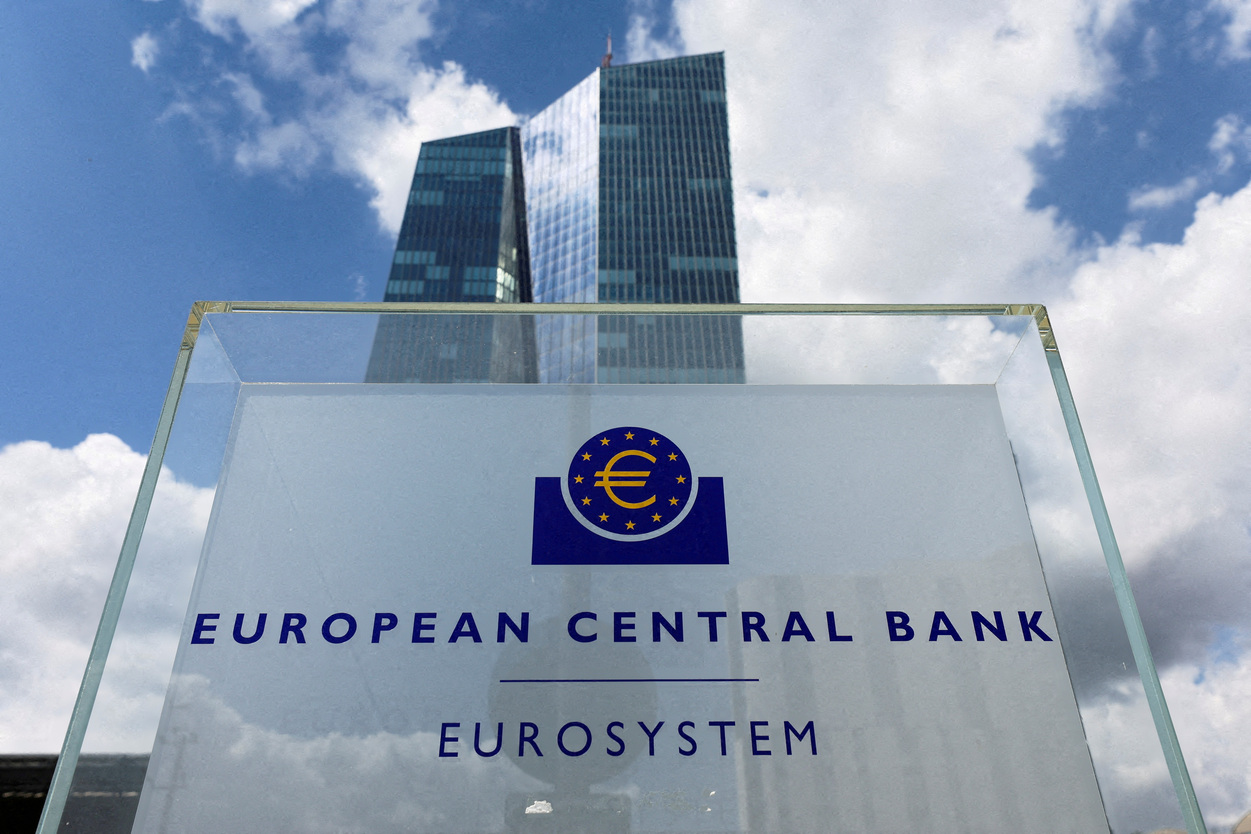
Finance
Governments and Brussels lawmakers may continue to clash over consolidation, says report
Europe’s banking sector is entering a new wave of mergers and acquisitions (M&A), with activity increasingly shifting from Southern Europe to Germany and Poland. According to a recent industry report, growing regulatory flexibility and improved profitability have encouraged banks in Central and Eastern Europe to explore consolidation as a strategy to strengthen balance sheets and compete with larger cross-border players.
In Germany, years of low profitability among regional lenders and a fragmented market structure are fueling renewed merger discussions. Dozens of small cooperative and savings banks continue to operate independently, despite facing higher costs and tighter European Central Bank (ECB) capital standards. As interest rates stabilize after the sharp hikes of 2023–2024, merger-driven efficiency gains have become an attractive way to protect margins and expand credit offerings.
Poland, meanwhile, has drawn attention for its fast-growing banking sector, driven by digital banking adoption and strong consumer loan demand. With deposit volumes rising and mortgage activity recovering, foreign banks see Polish lenders as strategic acquisition targets. Analysts note that local consolidation could help reduce market fragmentation and improve access to long-term credit—key for supporting the country’s expanding manufacturing and renewable energy sectors.
Despite the economic logic behind banking consolidation, regulatory approval remains complex. European lawmakers and competition authorities in Brussels often take a cautious stance on mergers that may limit market competition or create “too big to fail” institutions. National governments, on the other hand, see larger banks as essential to financing local industries and accelerating digital transformation.
This ongoing tension between integration and competition is expected to shape the next phase of Europe’s banking evolution. “The EU’s goal of a single banking market still clashes with national interests,” said one analyst. “Germany and Poland may become test cases for how far regulators are willing to go in allowing domestic consolidation before broader cross-border deals return.”
If managed carefully, the new M&A wave could strengthen Europe’s financial system by creating more efficient, digitally capable institutions. However, experts warn that uneven regulation could widen the gap between large and small lenders, potentially limiting credit availability for small businesses.
Banking consolidation in Germany and Poland highlights a crucial balancing act for Europe—between scale and stability, efficiency and competition. For investors, the trend signals where future growth and profitability may emerge. As interest rates level off and digital banking accelerates, well-capitalized institutions that adapt early to this new environment could gain a long-term advantage in both market share and resilience.
 Previous Post
Previous Post
Major Banks Ramp Up AI Talent to Transform Digital Banking
 Next Post
Next Post
Landmark Decision: Court Rules Credit Suisse Bond Wipeout Was Unlawful

March 2, 2026

March 2, 2026

March 2, 2026

March 1, 2026